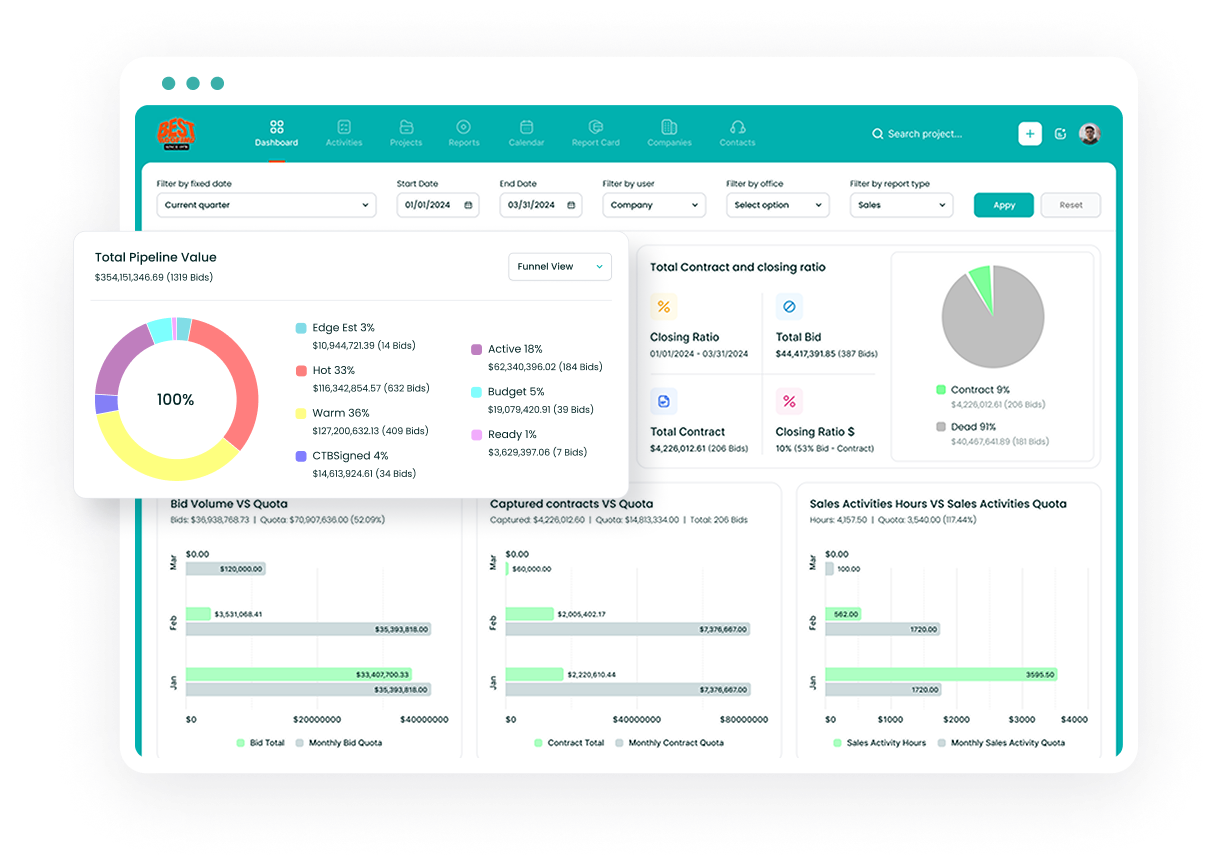Core System Architecture
Microsoft Dynamics GP represents a comprehensive ERP solution that extends beyond basic financial management. It offers a robust platform designed for scalability and enterprise-level functionality. The system operates on Windows platforms and seamlessly integrates with Microsoft Office applications.
Sage 100 ERP, while also Windows-based, takes a different architectural approach. It provides specialized functionality that can be particularly valuable for specific industries, such as manufacturing and hospitality sectors.
Pricing Structure and Licensing
Microsoft Dynamics GP
The pricing model for Dynamics GP offers flexibility with two primary options:
- Perpetual License starting at £3,354
- Subscription-based model at £35 per user per month
Sage 100 ERP
Sage implements a quote-based pricing structure for both SMB and enterprise clients, with customized packages tailored to specific business requirements. This approach ensures organizations only pay for the functionality they need.
Implementation and Deployment
Microsoft Dynamics GP
The implementation process for Dynamics GP has been streamlined through solutions like Quick Start, enabling basic system deployment in as little as six days. This rapid implementation capability can be particularly valuable for organizations needing to quickly transition to a new ERP system.
Sage 100 ERP
Sage 100's implementation process is designed with industry-specific considerations in mind. The system can be configured to match particular business processes, especially in manufacturing environments where specialized workflows are common.
Functional Capabilities
Financial Management
Microsoft Dynamics GP offers:
- Advanced multi-currency capabilities
- Flexible tax configuration
- Unlimited company management
- Customizable financial periods
Industry Specialization
While both systems offer comprehensive functionality, they excel in different areas:
Dynamics GP:
- Broader enterprise-level capabilities
- Strong financial management features
- Extensive scalability options
Sage 100:
- Manufacturing-specific features
- Industry-optimized workflows
- Specialized inventory management
Integration Capabilities
Both systems offer robust integration options:
Microsoft Dynamics GP
- Native integration with Microsoft Office suite
- Seamless connection with Microsoft Dynamics CRM
- Integration with Salesforce
- Social collaboration through Yammer[
Sage 100
- Microsoft Office integration
- Third-party application support
- CRM system connectivity
Reporting and Analytics
Microsoft Dynamics GP
The system includes embedded reporting capabilities through SmartLists, providing:
- Real-time data access
- Customizable report templates
- Advanced filtering options
Workflow Management
Microsoft Dynamics GP includes sophisticated workflow capabilities:
- User-specific authorizations
- Approval routing
- Process automation
User Experience and Interface
The user experience differs significantly between the two systems:
Microsoft Dynamics GP
- Familiar Microsoft interface
- Multiple user types (full, extended, and light users)
- Role-based access control
Sage 100
- Industry-specific interfaces
- Streamlined navigation
- Process-oriented design
Market Position and Adoption
Microsoft Dynamics GP serves approximately 47,000 companies, while Sage maintains a significant market presence in specific industry sectors. Both systems have established track records, with Dynamics GP first released in 1993.
Scalability and Growth Support
Microsoft Dynamics GP
The system is particularly well-suited for:
- Fast-growing small businesses
- Mid-sized enterprises
- Organizations requiring extensive customization
Sage 100
Optimal for:
- Industry-specific deployments
- SMB operations
- Manufacturing-focused businesses
Update and Maintenance
Microsoft Dynamics GP
- Annual updates
- Major releases every two years
- Structured upgrade path
Sage 100
- Regular updates
- Continuous improvement cycle
- Industry-specific enhancements
Mobile Functionality
Both systems offer mobile capabilities through add-on modules, enabling:
- Remote access
- Field operations support
- Mobile data entry
Security and Compliance
Microsoft Dynamics GP
- Role-based security
- Audit trails
- Compliance reporting
Sage 100
- Industry-standard security
- Access controls
- Regulatory compliance features
Decision Factors
When choosing between these systems, consider:
Business Size and Scale
Dynamics GP is ideal for:
- Growing small businesses
- Mid-sized enterprises
- Organizations with complex financial needs
Sage 100 excels for:
- Industry-specific requirements
- Manufacturing operations
- SMB-focused implementations
Technical Requirements
Consider your existing infrastructure and:
- Integration needs
- Customization requirements
- User training requirements
Cost Considerations
Factor in:
- Initial implementation costs
- Ongoing maintenance expenses
- Training and support requirements
Conclusion
The choice between Microsoft Dynamics GP and Sage 100 ERP ultimately depends on your organization's specific needs and circumstances. Dynamics GP offers broader enterprise-level capabilities and scalability, making it suitable for growing organizations with complex requirements. Sage 100, on the other hand, provides specialized functionality that may be particularly valuable for specific industries, especially manufacturing.
Consider your organization's:
- Growth trajectory
- Industry-specific requirements
- Budget constraints
- Integration needs
- User expertise
Both systems have proven track records and can provide significant value when properly aligned with organizational needs. The key is to carefully evaluate your specific requirements and choose the solution that best supports your business objectives and operational processes.
Remember that successful implementation of either system requires careful planning, adequate training, and ongoing support. Consider working with experienced implementation partners who can guide you through the selection and deployment process to ensure maximum return on your ERP investment.
Citations: [1] https://www.advantage.co.uk/microsoft-dynamics/microsoft-dynamics-gp/gp-vs-sage [2] https://www.sage.com/en-us/sage-business-cloud/intacct/switch-to-sage/microsoft-dynamics-gp-alternative/ [3] https://www.rklesolutions.com/sage-100c-vs-dynamics-gp [4] https://www.softwarefit.com/ms-dynamics-gp-versus-sage-100-300-erp/ [5] https://www.reddit.com/r/ERP/comments/8s89pd/microsoft_dynamics_vs_sage_100/ [6] https://comparisons.financesonline.com/sage-100-erp-vs-ms-dynamics-gp [7] https://www.brainsell.com/blog/microsoft-dynamics-gp-vs-sage-100-300-erp-accounting-software/ [8] https://www.peerspot.com/products/comparisons/microsoft-dynamics-gp_vs_sage-mas

